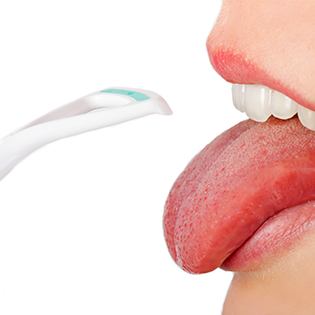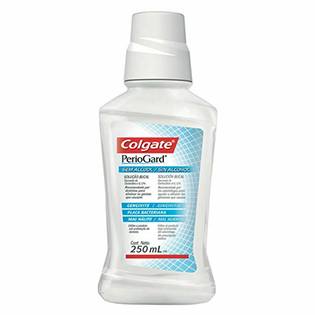Going to the Dentist During and After The Covid-19 Outbreak
Both offices will be closing indefinitely starting Saturday march 21 as mandated by the State of New Jersey to help limit the spread of Covid-19 virus. Emergency patients will be seen in our Tappan location by appointment only.
As of now, you can call both locations and make appointments until the end of the week. Don’t wait, appointments are filling fast.
What is considered a Dental Emergency?
Our most frequently asked question is, “What is considered a Dental Emergency?”
Remember, social distancing is key to controlling the spread of Coronavirus. Also, the key to your optimal health is to make sure you don’t end up with dental infections. As someone who has first-hand experience of seeing patients suffer due to letting infections play out, we suggest all our patients visit the dentist if they experience pain, swelling or discomfort. Presently, dentists across the US have been recommended to see only those patients with dental emergencies and infection.
Some examples of dental emergencies are:
- Wisdom tooth pain/ infection (your mouth might not open fully or you may experience a bad taste in your mouth)
- Root Canal Treatment (RCT) to treat pain
- Severe, throbbing pain in your jaw.
- Infection of the face with intra-oral or extra-oral swelling
- Trauma to the teeth or jaw
- Denture adjustment on radiation/oncology patients
- Denture adjustments or repairs when you can’t chew
- Severe dental pain from pulpal inflammation.
- Pericoronitis or third-molar pain. (gum inflammation around wisdom teeth
- Dry Socket/ post-extraction pain and inflammation
- Abscess or localized bacterial infection resulting in localized pain and swelling.
- Tooth fracture resulting in pain or causing soft tissue trauma.
- Dental trauma with loose teeth/ tooth loss.
- Dental restoration/ crown cementation if the temporary crown is lost, broken or causing gingival irritation.
- Extensive caries or defective restorations causing pain
- Suture removal
- Replacing temporary filling on RCT access openings in patients experiencing pain
- Snipping or adjustments of an orthodontic wire.
- Appliances piercing or ulcerating oral mucosa.
ORAL HYGIENE MEASURES.
Is Good Oral hygiene necessary to fight Covid-19?

The oral cavity is a potentially high risk for Covid-19 and the virus has a high infectious susceptibility to oral epithelial cells. Covid-19 infects cells below the voice box, in the airways and deep in the lungs, unlike flu viruses which start with your nose and throat. Other than via tiny particles inhaled in air, coronavirus reaches those cells via fluid in the nose or throat that sneaks past your voice box (this is called aspiration) and slides down your windpipe, or trachea. Keeping your mouth and throat clear of infectious pathogens throughout the day and before you sleep at night (when most aspiration usually occurs) is paramount right now.
What oral hygiene measures can I take to decrease my personal exposure to Covid-19?
Oral Hygiene:

- Brush and floss your teeth, swish and spit, and gargle twice with an antiseptic mouthwash. Since Covid-19 is vulnerable to oxidation, a mouth rinse containing oxidative agents such as 1% hydrogen peroxide or Perioguard (Chlorhexidine) is recommended.
- Tongue cleaning may play an important role, as it has been reported that ACE2 is the main host cell receptor of Covid-19 and plays a crucial role in entry of virus into the cell to cause final infection. As recent studies show there is a high expression of ACE2 receptors (highly enriched) in epithelial cells of the tongue.
- Once the quarantine is lifted, it is important for you to go to see us for your bi-yearly cleaning. We will be here for you.
Staying Healthy and General Hygiene:
Stop touching your face. The eyes, nose and mouth, all are entry portals for the new coronavirus and many other germs. Wash your hands and face well with soap and warm water, including — on a finger — a quarter-inch into each nostril. Then gently blow your nose. DON’T use those irrigating devices, like neti pots, that might force viruses further inside! Soap helps lift germs from the surface of the skin, but it’s the scrubbing that gets germs off hands. Hand sanitizer is a good alternative, but it must have at least 60 percent alcohol to be effective, according to the CDC.
Move away from people breathing in your face, avoid indoor close gatherings of people, and stand some feet away even when outside. And since you may well have been exposed anyhow, remove any coronavirus already around your nose and throat.

